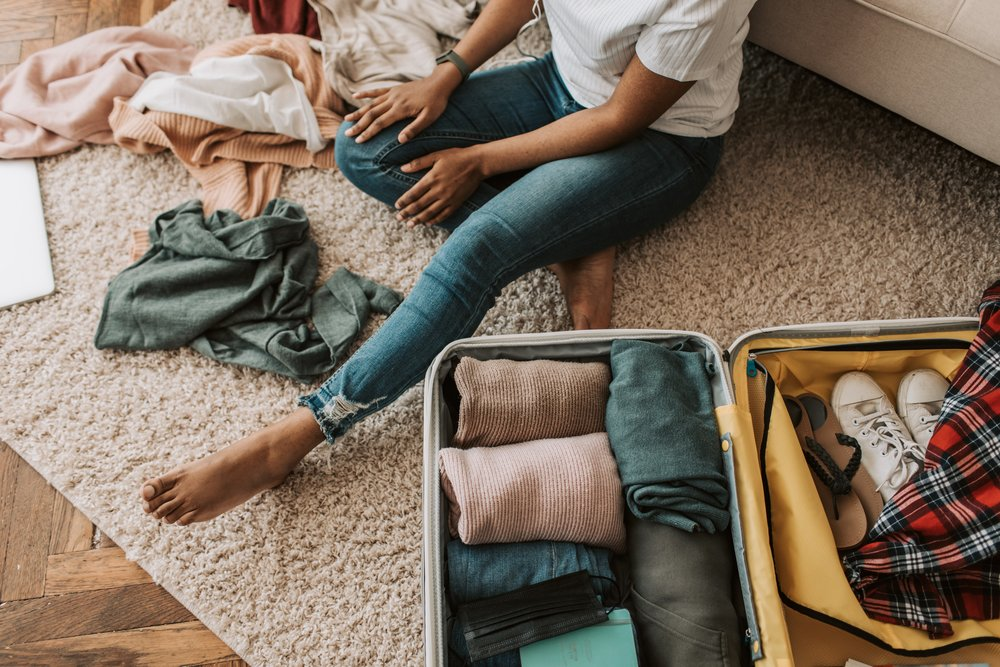It’s not necessary to spend lots of money traveling. You can travel without depleting your finances if you plan ahead and employ a few clever techniques. Whether you’re envisioning a leisurely beach vacation or an adventurous backpacking trip, these useful suggestions will help you travel on a tight budget.
1. Plan Ahead
Planning is one of the simplest methods to save on travel expenses. Getting the best rates on travel, lodging, and activities can be achieved by making reservations in advance. Booking in advance generally results in cheaper rates for hotels and airlines, and you’ll have more time to weigh your options.
2. Be Flexible with Travel Dates
Steer clear of traveling during busy times, such as summer vacations and holidays, if your schedule permits. Prices for hotels and flights are typically higher during these periods. Choose midweek flights or shoulder seasons instead, when costs are lower and locations are less congested.
3. Use Budget Airlines and Travel Apps
When compared to full-service flights, budget airlines frequently have lower fares. Remember that they might charge more for baggage, so bring as little as possible. Additionally, utilize travel applications like Hopper, Google Flights, or Skyscanner to keep an eye on price trends and reserve the best offers.
4. Consider Alternative Accommodations
Investigate hostels, guesthouses, or vacation rentals as alternatives to conventional hotels. Websites such as CouchSurfing, Hostelworld, and Airbnb provide distinctive and reasonably priced accommodation possibilities. If you’re game, think about participating in work-exchange or house-sitting programs, which offer free lodging in return for responsibilities.
5. Eat Like a Local
Your budget might be quickly depleted if you dine out every meal. Save money by eating at tiny local restaurants rather than tourist attractions, cooking your food if you can, and shopping at local markets. Street cuisine is frequently tasty, genuine, and reasonably priced.
6. Use Public Transportation
Use buses, subways, or trains to move around rather than taxis or rental automobiles. Many cities provide visitors with day or weekly permits, which can drastically lower the cost of transportation. Another excellent, cost-free option to explore cities is by bicycle or foot.
7. Look for Free Activities
There are numerous free or inexpensive attractions in every location. Walking tours, local festivals, museums, and parks are frequently free. Find hidden treasures without spending a dollar by visiting local tourism websites or asking residents for tips.
8. Travel Light
Traveling with only carry-on bags will save you money on baggage costs. Moving around is also made easier when you pack light, particularly if you’re walking or taking public transit.
9. Set a Daily Budget
Use a trip budget to keep tabs on your expenditures. You may prioritize your spending and steer clear of unforeseen expenses by setting a daily limit. You can manage your spending with the aid of free budgeting applications like Mint or Trail Wallet.
Conclusion
Being resourceful and making better decisions are more important while traveling on a tight budget than simply reducing expenses. You can have incredible travel experiences without going over budget if you have a little preparation, adaptability, and imagination. Have a great trip!




